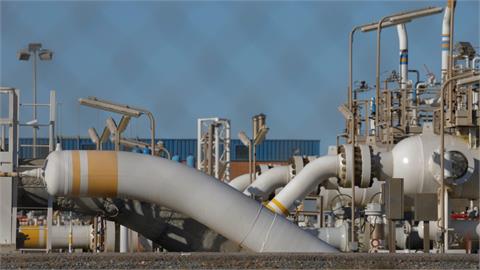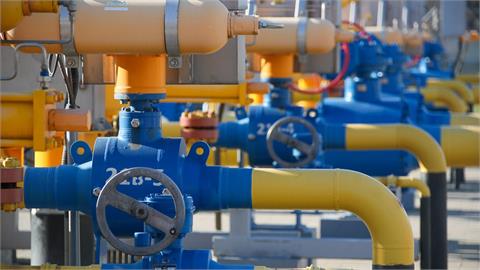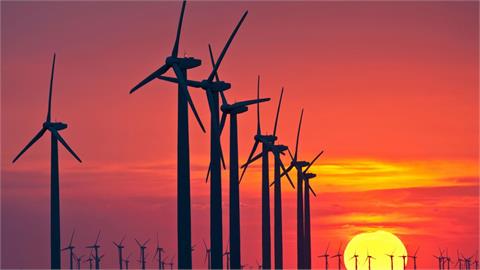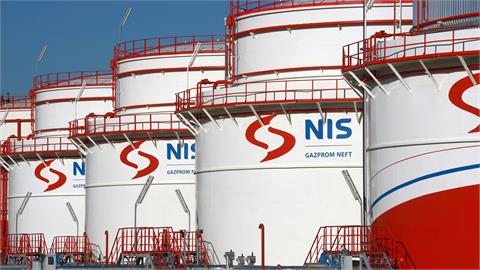The collaboration between Turkey and Denmark for offshore wind development will help Turkey in its preparations for its first offshore wind power plant, Energy Sector Counselor of the Royal Danish Embassy in Ankara told Anadolu Agency on Wednesday.
A Danish wind delegation’s three-day visit to Turkey between Nov. 5 and 7 involved a fact-finding mission in which they attended the 8th Turkish Wind Energy Congress in the Turkish capital Ankara, followed by visits to production sites in Izmir, the so-called capital of the wind sector in Turkey.
Organized by the Royal Danish Consulate General in Istanbul together with the Danish Wind Export Association (DWEA) and in close partnership with the Izmir Development Agency (IZKA), seven Danish wind supply chain companies held roundtable discussions and business to business meetings with Turkish companies to explore partnerships and business opportunities.
The Danish Wind Delegation included Danish Wind Power Academy (DWPA), FairWind, Fritz Schur Energy, Martin Bencher Group, Resolux Group, Svendborg Brakes, and United Wind Force (UWF). Counselor Dennis Holte Skov-Albertsen explained that the trip aimed at showcasing Turkey's wind sector, the ease in which business can be done, the high-level facilities and Turkey's wind energy potential, especially in the Aegean region. A visit to the Ates Wind Power and LM Wind Power factories located in Bergama confirmed to the Danish representatives that the facilities are of a very high standard.
"Some of these companies are already carrying out activities in Turkey but they are not fully established,” Skov-Albertsen explained, adding that with the trip, they saw the country’s large potential and obtained a well-rounded experience to decide whether to move forward in pursuing business with local partners.
- "Companies want to see long-term prospects"
Skov-Albertsen recalled that the Strategic Sector Cooperation (SSC) signed between Turkey and Denmark in early 2017, in which Turkey and Denmark work closely together to share lessons learned in offshore wind, would shortly be extended for another three years. Within the scope of the cooperation, he urged that Turkey share its long-term plans for offshore wind energy with foreign investors to attract further investment. "Companies would like to see plans for the next five, 10 or 15 years,” he said.
He also advised that the completion of one tender is not enough, but to propel momentum in this sector and develop a supply chain, more is needed. The key, he remarked, is to work now and look at the experience from other countries and apply what can be used in Turkey. "I do not know when but I personally believe that offshore will eventually be developed in Turkey. But it is not important that it is fast, but rather that it will be done in the right way," he said.
The Danish cooperation partner, the Danish Energy Agency, which is part of the Danish Ministry of Climate, Energy and Utilities – supported by the Royal Danish Embassy in Ankara - works with the Turkish Ministry of Energy and Natural Resources. This work includes sharing Denmark’s experience in this sector, detailing the preparation of tenders and infrastructure and other related topics. It also involves applying what Denmark has learned to possibly implement in Turkey.
"We aim to ensure our Turkish colleagues do not make the same mistakes we made in Denmark thereby ensuring faster progress," Skov-Albertsen said.
- What can Turkey learn from Denmark in offshore wind
Skov-Albertsen described the process that Denmark undertakes before a tender is issued to decrease investor risks. This involves running many tests and analyses on-site, including wind measurements, seabed analyses and environmental impact assessments. In Turkey’s case, uneven sea depth is an issue, which can be solved by choosing the correct foundation, either fixed or floating, he said.
He surmised that the development for the Port of Esbjerg, on the southwest coast of Jutland that has become Europe's leading port for shipping offshore wind turbines, could be used as a blueprint for development in Izmir. Seda Kayrak Bilgen, senior trade manager and team leader of the Energy & Environment Department at the Trade Council of Denmark in Istanbul, also reiterated both countries’ intent to form partnerships in the wind sector.
She remarked that it has not gone unnoticed that Turkey’s location could allow it to become a regional hub, adding that the success of Turkey’s Renewable Energy Resources Zones (YEKA) wind energy tenders is important internationally in bringing sub-suppliers to the country. Bilgen hailed Denmark’s offshore wind players as very experienced dating back from 1991 and successful in ensuring the biggest project developers and investors have been globalized from Denmark.
"These people have come to Turkey and spoke with stakeholders. We believe that this project will be realized sooner or later with Turkey’s great potential," she concluded.
(Anadolu Agency)



